Showing 9 results for:
security
Popular topics
All results
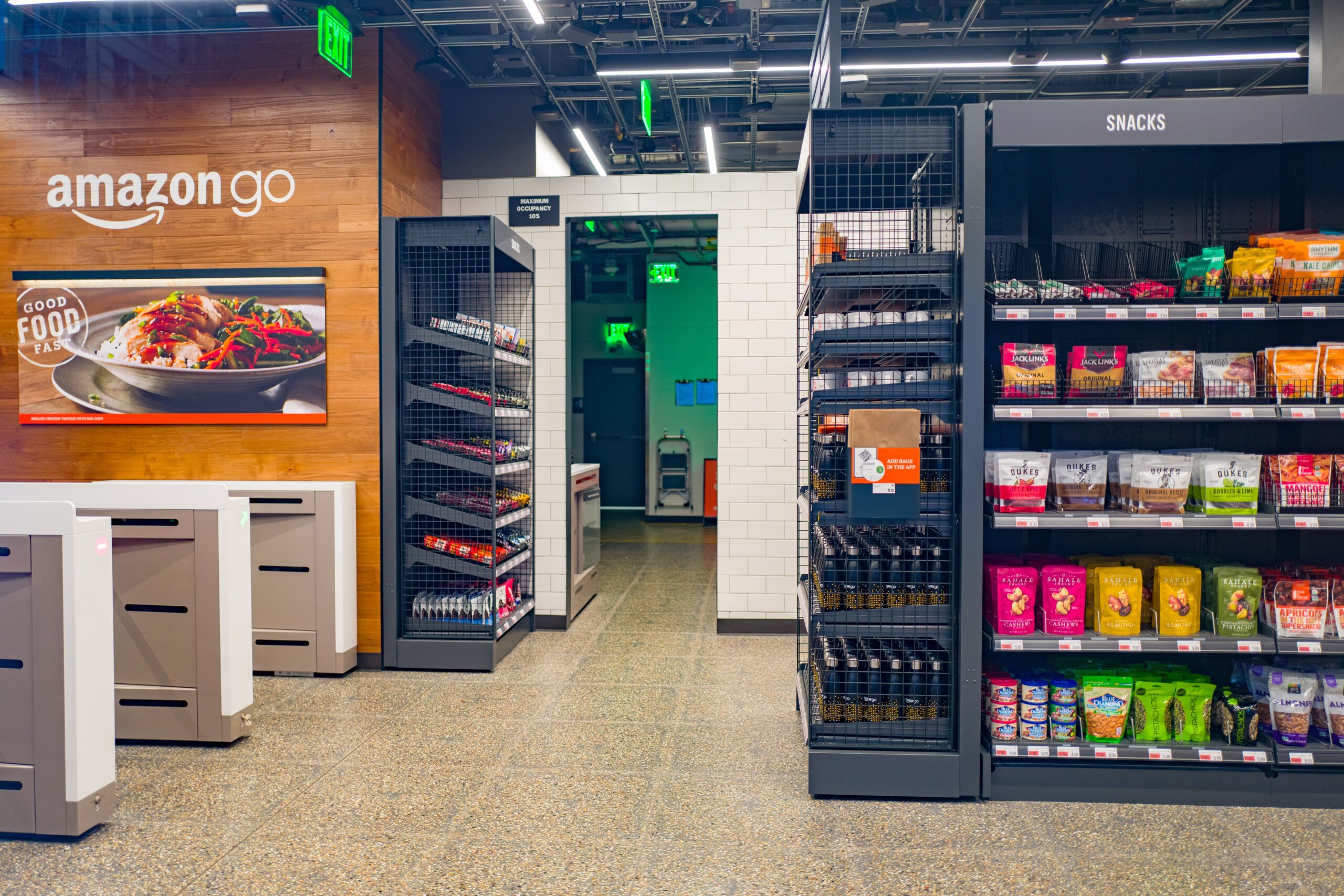
Amazon has come under harsh scrutiny for its treatment of employees in recent years, from accusations of systemically shortchanging paychecks to driving employee injuries by urging them to focus more on speed than safety. It might not be a dream career path for the average American, but for consumers, the multi-purpose company is driven by efficient customer service. They’ve mastered the art of promptly bringing packages to your door, but now, Amazon’s Just Walk Out technology is revolutionizing the shopping world . Its capabilities are undeniably impressive, although not everyone is ready for the takeover of artificial intelligence. What Is Just Walk Out Technology? The first store to offer the Just Walk Out experience was an Amazon Go convenience store in Seattle in 2018; now, over 100 third-party retailers across the country allow people to grab their items and leave without waiting in a line or partaking in a transaction. “ They hated standing in lines in 1924, they hate...
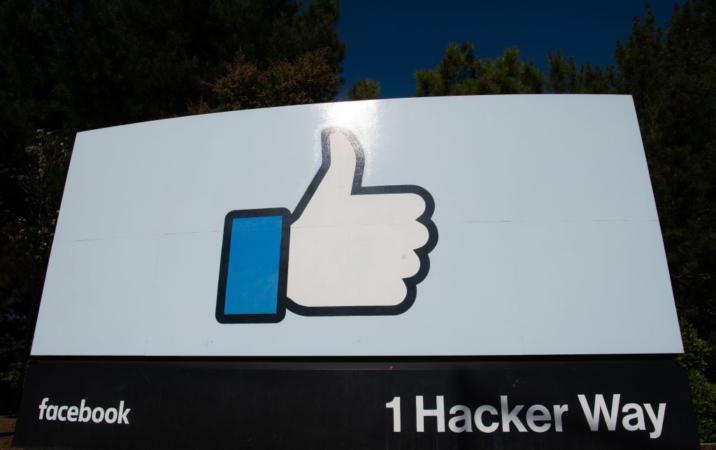
After coming under frequent scrutiny for security breaches and violations, Facebook may now be championing an unexpected cause: privacy. A New York Times report suggests that the social media titan is reviewing options for users to have encrypted messaging. While Facebook views this secure option as a positive for its users, Attorney General William Barr sees the encryption as a negative for law enforcement. “ Mr. Barr said drug cartels, child pornographers and other criminals increasingly used and hid behind messaging apps that were beyond investigators’ access even with a warrant, ” according to the Times. Facebook offers a robust counterargument to law enforcement officials who suggest that new security layers will make tracking criminals even more difficult. According to Facebook, criminals will have even more victories if the company’s users lack options for additional security. Yet, for many, the privacy debate exceeds the scope of crime and justice. As politics has shown,...

A recent study by the National Institute of Standards of Technology revealed that facial recognition software delivers flawed results when assessing minority populations. The study has sparked yet another debate about the controversial technology, given its frequent use in the apprehension of suspects. The NIST study tested nearly 200 facial recognition algorithms. The results illustrated a higher rate of misidentification and other errors among subjects who identified as people of color. “ With mug shot images, the highest false positives are in American Indians, with elevated rates in African American and Asian populations ,” according to the study. False positives refer to the instances in which the software identified an incorrect match; false negatives refer to situations in which the software failed to recognize a match. The report also showed greater instances of false positives among African American women . The study has given advocacy groups and politicians more ammunition...

There may be no such thing as privacy, according to a New York Times article by Stuart A. Thompson and Charlie Warzel. In a study on privacy and security, the Times assessed the sheer power of location tracking devices and their encroachment upon a basic right to privacy. The danger in this type of surveillance is that in addition to known sources and apps, monitoring happens with several other unknown apps. The Times Privacy Project revealed the location information of a sample population provided through phone app data. “In the cities that the data file covers, it tracks people from nearly every neighborhood and block, whether they live in mobile homes in Alexandria, Va., or luxury towers in Manhattan,” Thompson and Warzel shared in the Times. Perhaps more shocking than that revelation is the fact that the tracking measures were put in place not by phone companies that provide the apps, but by an unknown entity: the location tracking companies that are bundled with the apps. “Even...
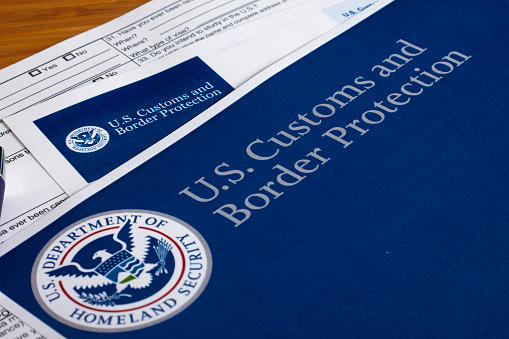
United States’ Customs and Border Protection (CBP) gathers a trove of information on people coming in and out of the country. Recently, CPB has started testing facial recognition at airports . Plus, the Trump administration now requires social media information from Visa applicants. All of this information is extremely sensitive, so a leak is the last thing anyone wants. Unfortunately, CBP confirmed that a data breach exposed the photos of travelers and license plate images according to TechCrunch . It seems that a subcontractor is responsible for the information leaking. According to TechCrunch, CBP said in a statement: “CBP learned that a subcontractor, in violation of CBP policies and without CBP’s authorization or knowledge, had transferred copies of license plate images and traveler images collected by CBP to the subcontractor’s company network.” A spokesperson told the outlet that the breach has impacted “fewer than 100,000 people” through a “few specific lanes at a single...
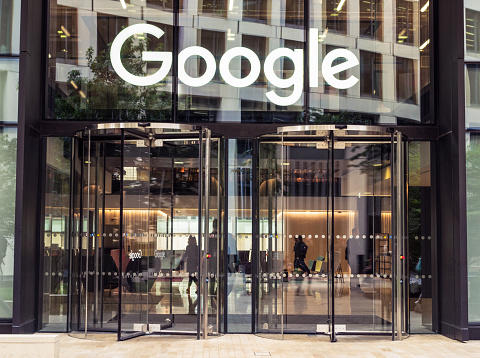
When storing passwords, companies will encrypt them in some way so that they’re secure. Apparently, that isn’t the case for Google, who recently discovered a bug that left some users unprotected. On Tuesday, Google published a blog post disclosing that a portion of its G Suite users had their passwords left in plain text. The bug started around 2005, but Google says it hasn’t seen any sign of improper access or misuse of the affected passwords. “We take the security of our enterprise customers extremely seriously, and pride ourselves in advancing the industry’s best practices for account security,” Suzanne Frey, Vice President of Engineering, wrote. “Here we did not live up to our own standards, nor those of our customers. We apologize to our users and will do better.” G Suite is the corporate version of Gmail and other Google apps. This issue does not impact any regular Gmail accounts. The bug was implemented when Google created tools to set and recover passwords for G Suite...
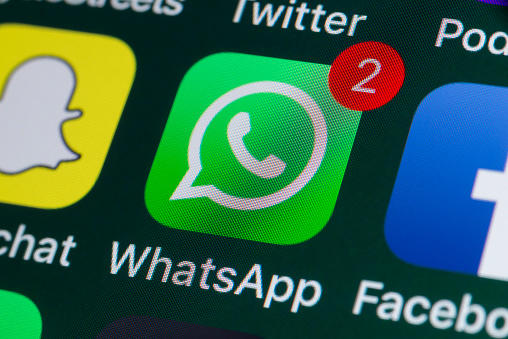
WhatsApp tends to pride itself on the security it offers users, but every app has its weaknesses. Recently, the Financial Times reported that a vulnerability in the messaging app allowed for it to be hacked. In early May, Whatsapp discovered that hackers were able to install surveillance technology by calling someone through the app. That would give them access to vital information, including location data and private messages. The spyware in question was developed by Israel’s NSO Group , according to the Financial Times. It could also be transmitted even if the target didn’t answer their calls. In addition, a spyware dealer told the Financial Times that the calls themselves often disappeared from call logs. “This attack has all the hallmarks of a private company known to work with governments to deliver spyware that reportedly takes over the functions of mobile phone operating systems,” WhatsApp said, according to the Financial Times. “We have briefed a number of human rights...

GPS trackers can be incredibly handy devices, allowing people to keep up with kids, elderly patients, and more. However, security researchers found flaws in one popular GPS tracker. In a blog post published by U.K. cybersecurity firm Fidus Information Security , researchers said they identified issues with an “extremely common” Alarm & GPS device used by “vulnerable people around the world.” None of the devices are connected to the internet. However, they can be accessed remotely. By simply knowing a phone number, researchers could gain a whole lot of information. That included live GPS data, calling the device and having that call automatically answered, disabling GPRS to render it useful, powering the device off completely, and more. Those are all alarming in terms of safety, especially for a device that is being used by vulnerable people. “This device is marketed at keeping the most vulnerable safe and yet anybody can locate and listen into thousands of people’s lives without...
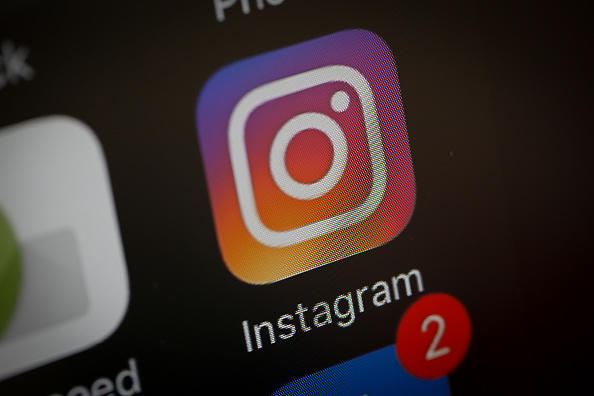
Facebook is no stranger to security blunders. Last month, the company confirmed it had stored millions of Facebook passwords in plain text. However, Facebook assured people that only “tens of thousands” of Instagram users were affected. Now, Facebook is changing its tune. On Thursday, the company updated the blog post where it had originally confirmed the breach, writing: ( Update on April 18, 2019 at 7AM PT: Since this post was published, we discovered additional logs of Instagram passwords being stored in a readable format. We now estimate that this issue impacted millions of Instagram users. We will be notifying these users as we did the others. Our investigation has determined that these stored passwords were not internally abused or improperly accessed). Going from the original “tens of thousands” to “millions” is not a small leap. According to the Krebs on Security report that first exposed Facebook’s error, the passwords were accessible to over 20,000 Facebook employees....